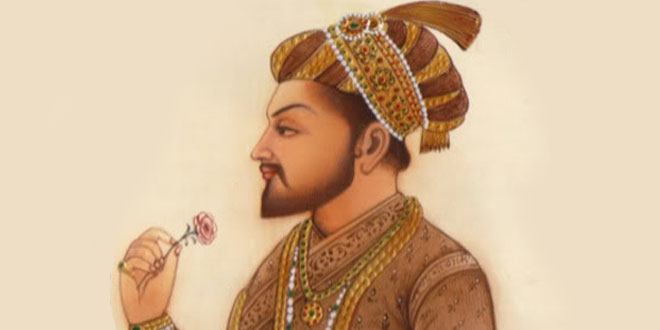Question: ‘My father always associated with the learned of every creed and religion, especially with Pandits and the learned of India, and although he was illitrate… from the converstions with the learned and wise, no one could take him to be illitrate.’
(a) Which mughal emperor is being referred?
Answer: Akbar
(b) What did the mughal emperor build to further his interest in learning about religions.
Answer: Ibadat Khana
(c) What was the religious path suggested?
Answer: Din-i-Ilahi or Divine Monotheism
Question: Why did Raja Jodar Mal introduce a new measuring device for land measurement? What was that measuring device?
Answer: Raja Jodar Mal Akbar’s revenue minister, introduced a land revenue system which came to be know as Jodar mal’s bandobast. Under the new system, land was properly measured. In the past, it used to be measured with a rope. However, the rope shrunk when it was wet. Hence, the measurements used to change. Todar Mal introduced a new measuring device. It was a rod made of bamboo reeds joined together by iron rings. Now land could be measured very accurately.
Question: Write short notes on din-i-Ilahi, Zat ant Sawar.
Answer: Din-i-Ilahi:
After interacting with people of different religions for many years, Akbar concluded that all religions preach the message of love, respect and peace. He felt that if the common ideals of all religions could be combined to from a new creed, the people of his empire would benefit from it. Therefore he suggested a religions path called “Din-i-ilahi” or Divine monotheism – religion of one God. He also declared himself as the spiritual guide of his subjects. Din-i-Ilahi was a very simple path. It encouraged belief in one God. The practice of worshipping the sun, fire and other sources of light was important element in it.
Zat and Sawar:
A mansadar’s rank was divided into two – zat and sawar. The former determined the number of soldiers under him and the latter the number of horses he was expected to maintain. The zat ranks ranged from 10 to 10,000. Generally, those above 5000 were given only to Princes.
Question: What was the relationship between the mansabdar and the jagir?
Answer: Mansabdars received their salaries as revenue assignments called jagirs. Mansabdars did not actually reside in or administer their jagirs. They served in some other part of the country while the revenue was collected for them by their servants.
 Class Notes NCERT Solutions for CBSE Students
Class Notes NCERT Solutions for CBSE Students



BEST WEBSITE FOR STUDENTS TO GAIN KNOWLEDGE…
BEST WEBSITE FOR STUDENTS TO LEARN…
Good helping to the students